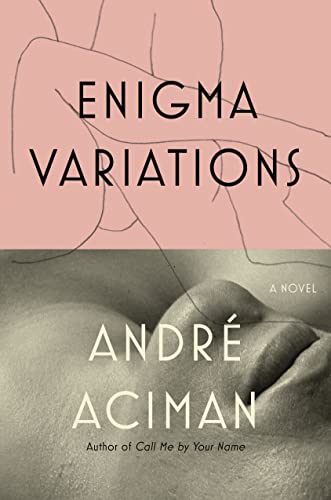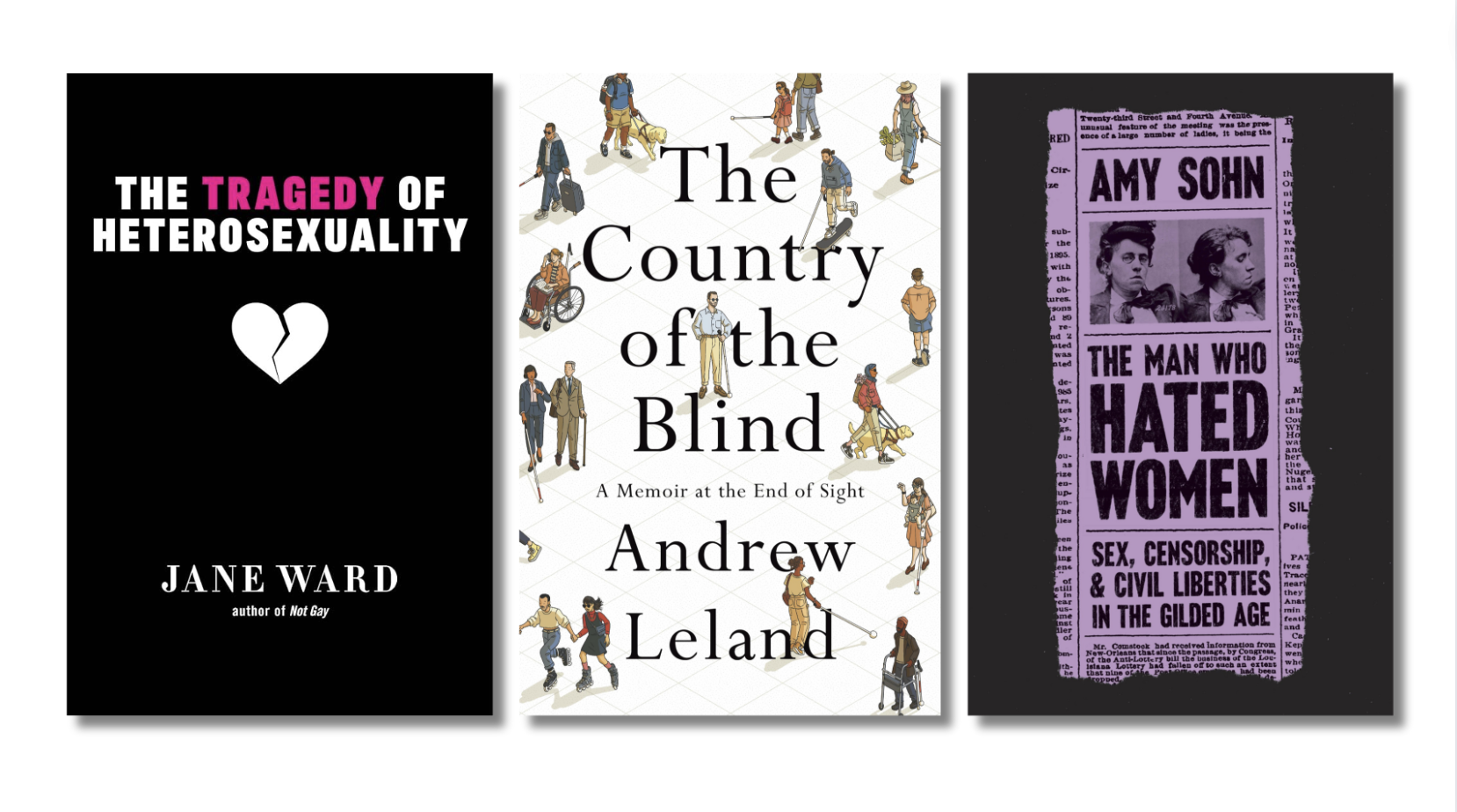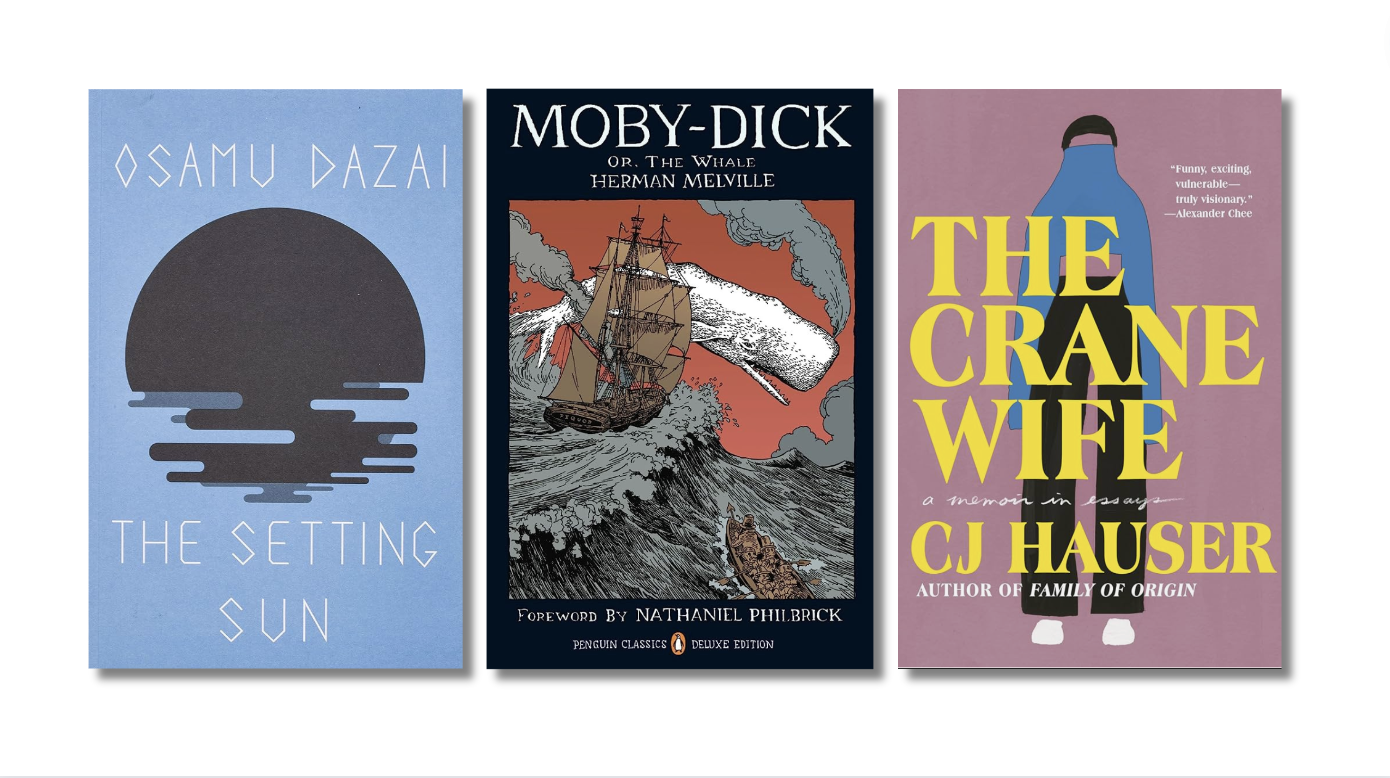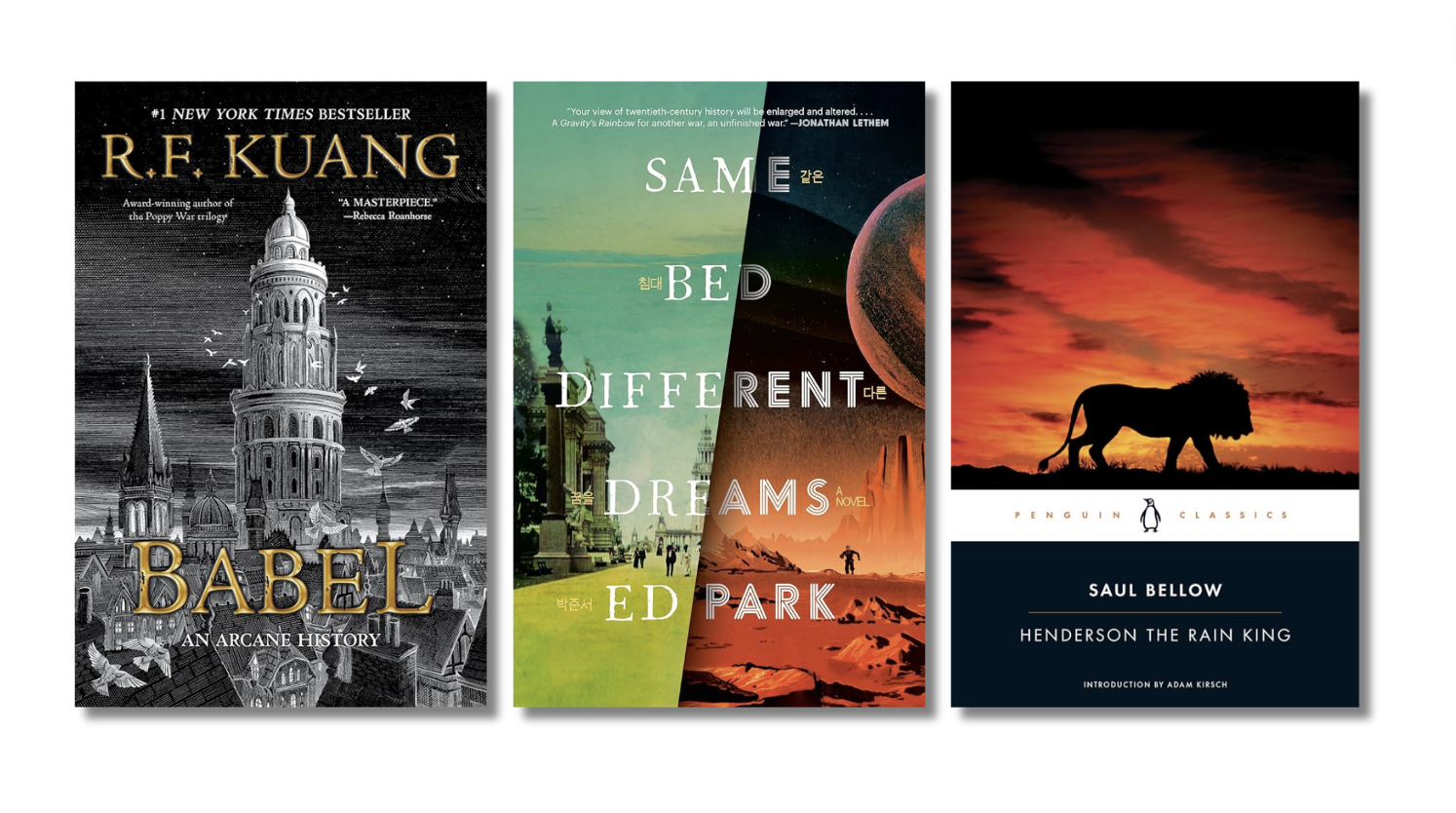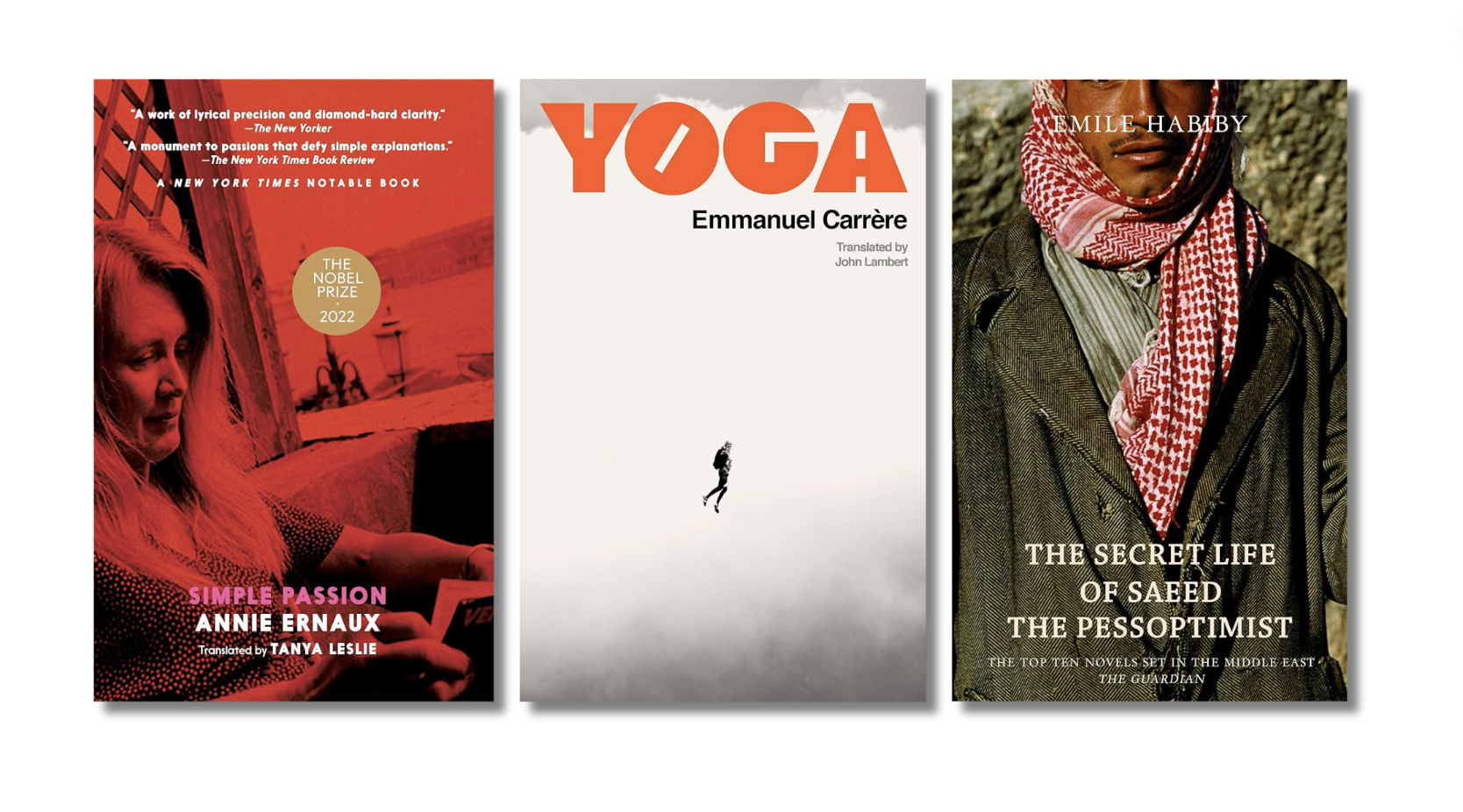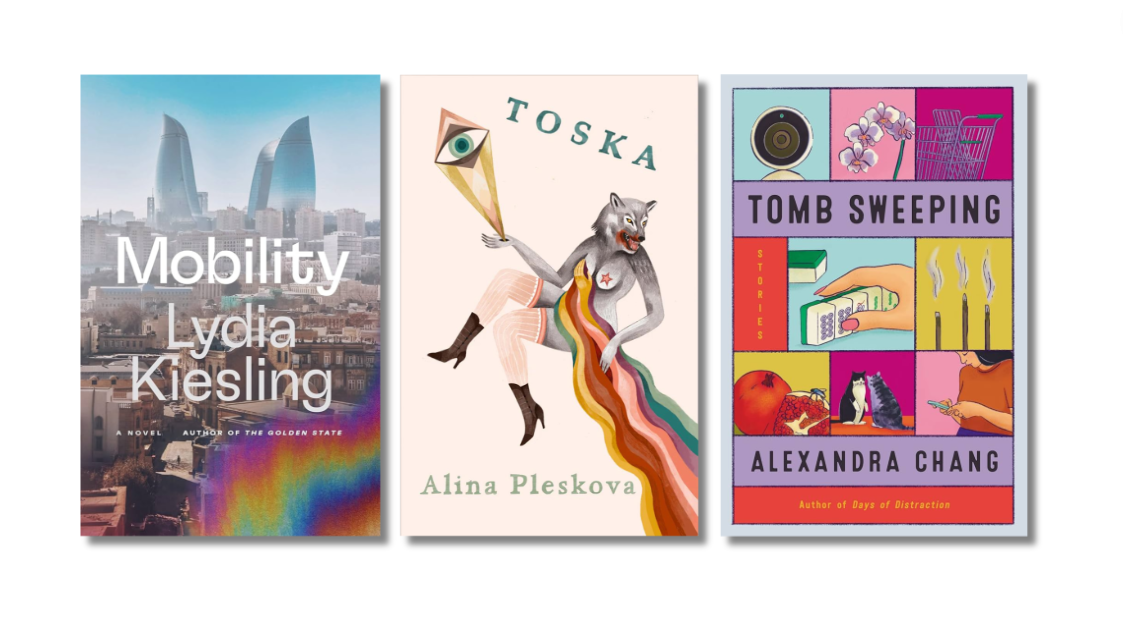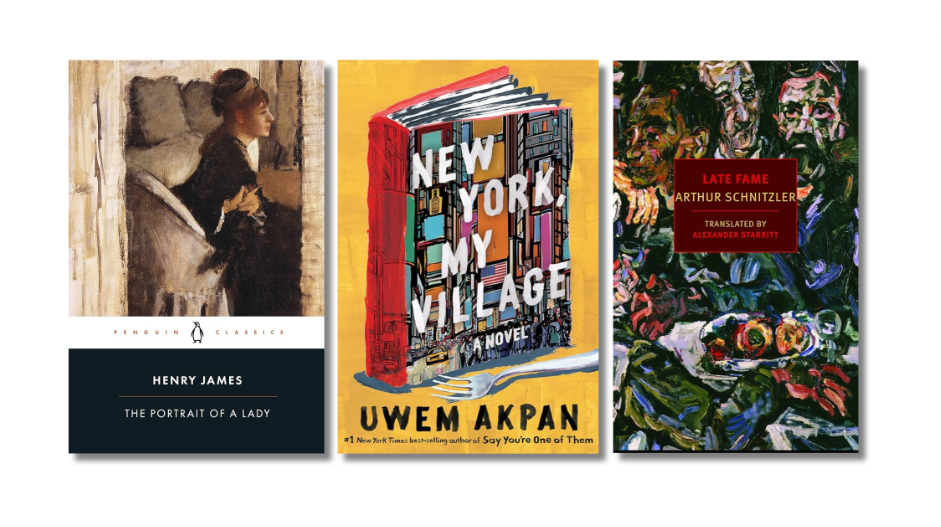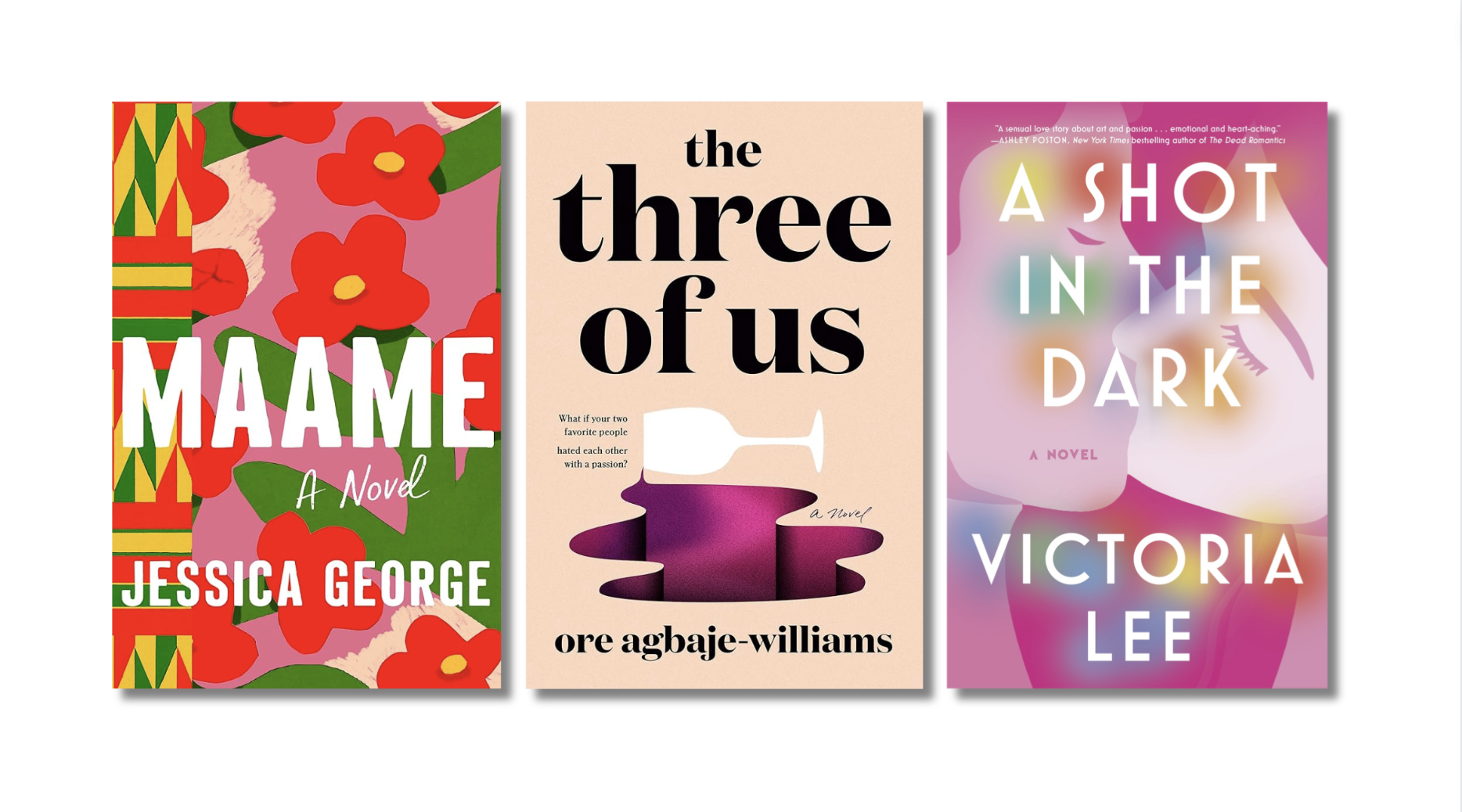I started the year thinking about plagues and calamities. Like many people, I felt particularly disturbed by the growing gap between what I felt was my lived reality and what was being reported in the news or in print. I read The Plague by Albert Camus, and I was so disturbed and invigorated by it that I read it both slowly and too quickly. That is, I’d read passages and put the book down, intending to leave it for several days because I felt overwhelmed by it, but sure enough, before the hour was up, I was back at it. The Plague is a novel about an actual plague that befalls a small, seaside town. But it is also a novel about the plague of misinformation that can attach itself to a city or a state, how we often delude ourselves into thinking that catastrophe always lurks elsewhere. It’s a long, slow year of horrifying realizations, all of which have come to me refracted through the chilling, prescient lens of Camus’s gaze.


 This year, I also read a series of fragmentary books that make me feel as though we’re in some sort of liminal space, where familiar narrative structures are busting up. Pond by Claire-Louise Bennett, Fire Sermon by Jamie Quatro, Leaving the Atocha Station by Ben Lerner, and even Autumn by Karl Ove Knausgaard. What I find interesting about each of the books is that they seem to resist cohering into what we’ve come to understand as a contemporary novel. That is, they’re seeking a kind of fidelity to experience itself rather than a kind of facsimile of life which is meant to give the impression of experience. I’ve found it all very interesting and raw, but I don’t quite know what to do with it or how to define it, but perhaps that’s just the point.
This year, I also read a series of fragmentary books that make me feel as though we’re in some sort of liminal space, where familiar narrative structures are busting up. Pond by Claire-Louise Bennett, Fire Sermon by Jamie Quatro, Leaving the Atocha Station by Ben Lerner, and even Autumn by Karl Ove Knausgaard. What I find interesting about each of the books is that they seem to resist cohering into what we’ve come to understand as a contemporary novel. That is, they’re seeking a kind of fidelity to experience itself rather than a kind of facsimile of life which is meant to give the impression of experience. I’ve found it all very interesting and raw, but I don’t quite know what to do with it or how to define it, but perhaps that’s just the point.

 Also at the start of the year, I read André Aciman’s Enigma Variations, a book that also defies easy categorization. It’s a novel, but it’s also linked novellas. It’s a book that distills a man’s life into exquisite, gorgeous moments. We see him as a young man returning to the island of his childhood, touching familiar hurts, old heartbreaks. We see him older, frustrated in love and life. He falls in with someone at his local tennis club. He attends dinner parties. And all the while, Aciman’s keen eye for the fleeting moment, the interrupted gaze, the fateful turning away, never misses a gesture. And of course, in recent months, I’ve revisited his book Call Me by Your Name, what with the release of the film. It’s a novel to which I owe so much of my life and my understanding myself—in way, it’s been a bit like the narrator in the first part of Enigma Variations, checking old wounds to make sure the pain is still there.
Also at the start of the year, I read André Aciman’s Enigma Variations, a book that also defies easy categorization. It’s a novel, but it’s also linked novellas. It’s a book that distills a man’s life into exquisite, gorgeous moments. We see him as a young man returning to the island of his childhood, touching familiar hurts, old heartbreaks. We see him older, frustrated in love and life. He falls in with someone at his local tennis club. He attends dinner parties. And all the while, Aciman’s keen eye for the fleeting moment, the interrupted gaze, the fateful turning away, never misses a gesture. And of course, in recent months, I’ve revisited his book Call Me by Your Name, what with the release of the film. It’s a novel to which I owe so much of my life and my understanding myself—in way, it’s been a bit like the narrator in the first part of Enigma Variations, checking old wounds to make sure the pain is still there.
I think this year my reading has been largely governed by what’s familiar to me. I’ve run toward it and away from it. I’ve tried out new authors, new voices, new styles. I’ve tried to see familiar books again in new ways. I’ve tried to read with keener eyes and better questions. I’ve tried to read, if not broadly, then at least deeply.
More from A Year in Reading 2017
Don’t miss: A Year in Reading 2016, 2015, 2014, 2013, 2012, 2011, 2010, 2009, 2008, 2007, 2006, 2005


